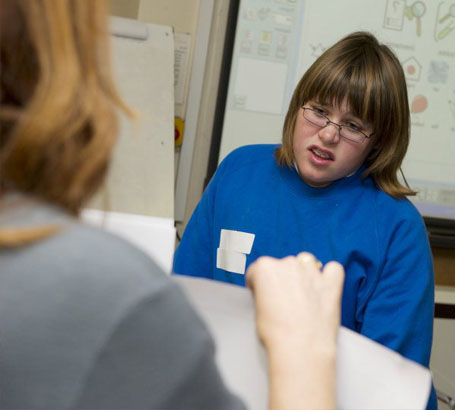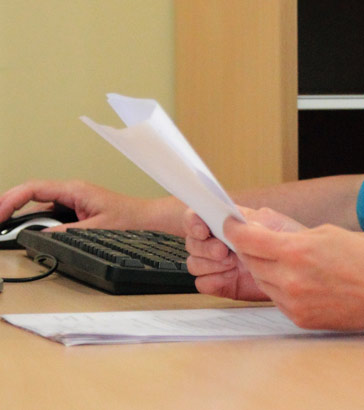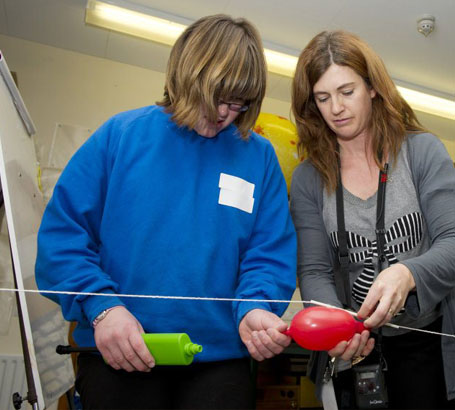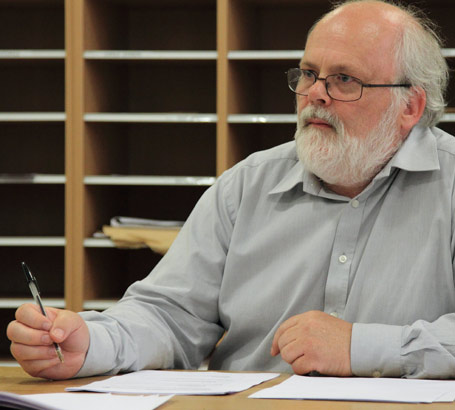
Research takes time and effort, and when other demands on your time arise, are you sure that your research will remain
a priority? The research outcome needs to be important to you and your practice.
Plan ahead, and have contingencies. Forward thinking is critical to effective research, and ensuring all your work priorities
can be met. Build in time to allow for the unexpected (it will be impossible to observe that lesson if snow forces the school
to close for the day!).

- Seek support and advice about research focus and managing time from your line manager or the Senior Leadership Team - if the research is of interest to the school they may be particularly helpful.
- Ask advice from others who have carried out supervised research - if there is no-one, perhaps your headteacher could arrange for contact with a local higher education institution.
- Interested colleagues may share in your research project or help through discussions or by collecting and helping interpret information.
support network

Identify who you would incorporate into your network of support, and what each person would offer.
Ask yourself: Who can I talk to? What do I need to ask? Who should I tell? What do I need to say? How do I prioritise this
project?

- Keep the inquiry small and focused.
- Make sure you know what you're doing.
- Collect data regularly.
- Don't try to do it all yourself.
- Anything that isn't written down is lost.
- Don't forget to baseline.
- Date everything!
practitioner researchers

- 'Don't be over ambitious – one student, one task at a time – keep it small.'
- 'Introduce modifications singly so you can see what works. It is so tempting to try lots of things at once when you've decided what might help.'
- 'Work in a team and speak with other people... When you do something on your own, there's only your ideas. Working in teams helps.'
- 'It has made me definitely change the way I look at children... Through the [research] project we have something to back up what we are saying about the learning of children.'
Practitioner comments, CLDD Research Project (Carpenter et al, 2011a,b)

Carpenter, B., Egerton, J., Cockbill, B. and Owen, T. (2011) Having new eyes: engaging children and young people with complex
learning difficulties and disabilities in learning, PMLD-Link, 23 (2), 4-6.